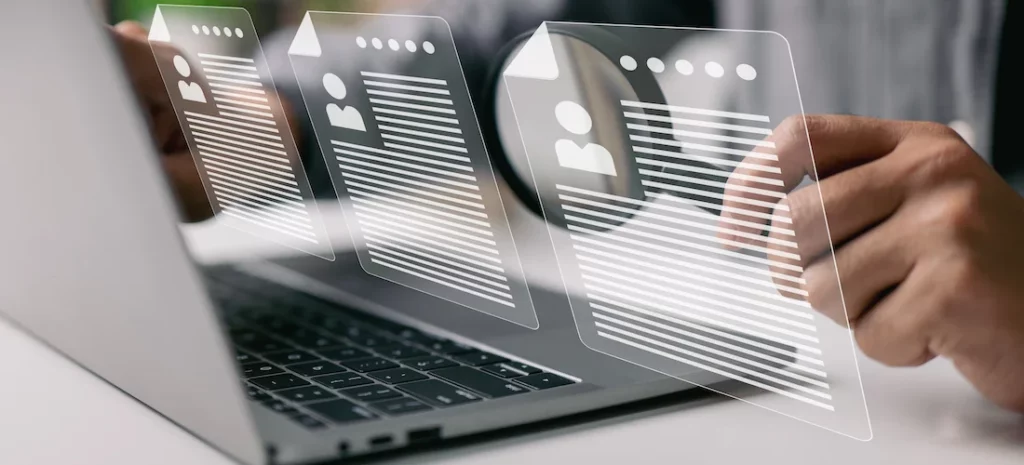Discover the Secrets to Success for Remote Professionals Now
Discover the Secrets to Success for Remote Professionals Now
Blog Article
Exactly How to Develop an Effective Team of Remote Professionals
In today's progressively digital landscape, the capacity to build a successful group of remote specialists is necessary for companies aiming to flourish. Secret components such as specifying clear goals, cultivating reliable interaction, and choosing suitable partnership tools play an essential duty in this process. Nevertheless, it is the subtler elements-- like nurturing a natural business culture and promoting continuous learning-- that can really establish a remote team apart. Understanding just how to balance these components might increase more inquiries than solutions, particularly when considering the unique obstacles that remote job presents.
Specify Clear Objectives and Assumptions
Often establishing clear goals and expectations is vital for the success of a remote team (Remote Professionals). Without these aspects, team participants might experience complication concerning their functions, responsibilities, and the general objectives of the project. This obscurity can result in decreased performance, misaligned initiatives, and inevitably, task failure
To specify clear goals, it is important to utilize the clever criteria-- Particular, Quantifiable, Attainable, Relevant, and Time-bound. This approach makes sure that each objective is distinct and can be properly connected to all employee. It is vital to line up individual purposes with the overarching vision of the organization, promoting a sense of objective and dedication amongst team participants.

Foster Effective Interaction

Regular check-ins and team meetings can help preserve a strong communication flow, permitting participants to share progress updates and review any roadblocks they might come across. It is likewise essential to identify that various people may have differing communication designs. Understanding and suiting these differences can cause more purposeful communications and an extra natural team dynamic.
Encourage group participants to express their ideas succinctly and to look for explanation when required. By focusing on effective communication, remote groups can improve productivity, strengthen relationships, and create a more inclusive work setting, inevitably leading to better success in achieving usual objectives.

Make Use Of the Right Devices
To sustain reliable communication within a remote team, it is very important to utilize the right devices that promote collaboration and simplify operations. The selection of devices can significantly impact efficiency, ensuring that staff member continue to be connected and engaged regardless of geographical ranges.
Begin by applying project administration software, such as Trello or Asana, to arrange tasks, established due dates, and track development. This promotes accountability and offers exposure right into each participant's payments. Furthermore, communication systems like Slack or Microsoft Teams use immediate messaging capacities, allowing real-time conversations and fast decision-making.
Video conferencing devices, such as Zoom or Google Meet, are crucial for face-to-face communications, which aid develop relationship and reinforce connections among team members. Moreover, record sharing and storage space options like Google Drive or Dropbox make sure that essential files are editable and easily accessible by all team participants, advertising collaboration on projects.
Integrating these devices successfully creates an environment where remote specialists can flourish. By choosing the appropriate technology, organizations can boost communication, boost project administration, and inevitably attain their objectives extra successfully.
Develop a Strong Firm Culture
Producing a solid firm culture within a remote group is necessary for cultivating interaction and commitment among staff members. A well-defined culture offers a sense of belonging and shared purpose, which is important when group participants are spread across various places. To cultivate this society, leaders should establish clear values and expectations that resonate with you can try here staff members, making sure that everybody understands the mission and vision of the company.
Routine communication is important in reinforcing this culture. Utilizing video clip phone calls, useful site group meetings, and casual check-ins can aid promote and preserve links openness. Additionally, celebrating success, both large and little, enhances a society of acknowledgment and recognition.
Urging group partnership with virtual platforms not just enhances performance however additionally promotes social partnerships - Remote Professionals. Organizing digital team-building tasks can further reinforce bonds among employee, making them feel much more integrated right into the firm
Lastly, it is essential to pay attention to staff member responses and adjust as needed. By showing that their voices matter, leaders can construct count on and loyalty, eventually developing a thriving remote workplace where workers really feel valued and involved.
Urge Continual Knowing and Development
A solid company society prepares for motivating constant understanding and growth within a remote group. By fostering an atmosphere that values development, organizations can encourage workers to enhance their skills, adjust to new challenges, and eventually contribute better to group goals.
To promote continual understanding, consider applying normal training sessions, workshops, and webinars that line up with both private job goals and organizational demands. Leverage technology to assist in accessibility to e-learning systems, guaranteeing that resources are conveniently offered for remote team members.
Motivate knowledge sharing by developing mentorship programs and developing forums for employees to exchange insights and ideal practices. Identifying and rewarding employee that proactively take part in learning efforts reinforces the value of development and encourages others to comply with fit.
Moreover, their explanation performing regular responses sessions can aid identify skill gaps and areas for enhancement, enabling customized advancement plans. By prioritizing constant understanding and advancement, remote teams can cultivate a society of strength, flexibility, and innovation, which are vital for navigating the complexities of today's company landscape.
Final Thought
In final thought, the establishment of a successful remote group hinges on the assimilation of clear objectives, efficient communication, suitable tools, a robust firm culture, and continual understanding chances. By lining up specific contributions with organizational objectives and promoting an environment of openness and collaboration, remote specialists can thrive. Remote Professionals. The execution of these approaches not just improves team communication but additionally drives motivation, ultimately causing improved performance and success in a remote working landscape
It is the subtler facets-- like supporting a natural business culture and promoting continuous knowing-- that can absolutely set a remote team apart.Effective interaction is the keystone of a prospering remote team. By focusing on effective interaction, remote groups can improve productivity, enhance connections, and produce a much more comprehensive job setting, eventually leading to higher success in attaining common goals.
Developing a solid firm culture within a remote team is important for promoting involvement and loyalty amongst workers.In conclusion, the facility of a successful remote group pivots on the combination of clear goals, effective interaction, appropriate devices, a durable firm society, and constant knowing chances.
Report this page